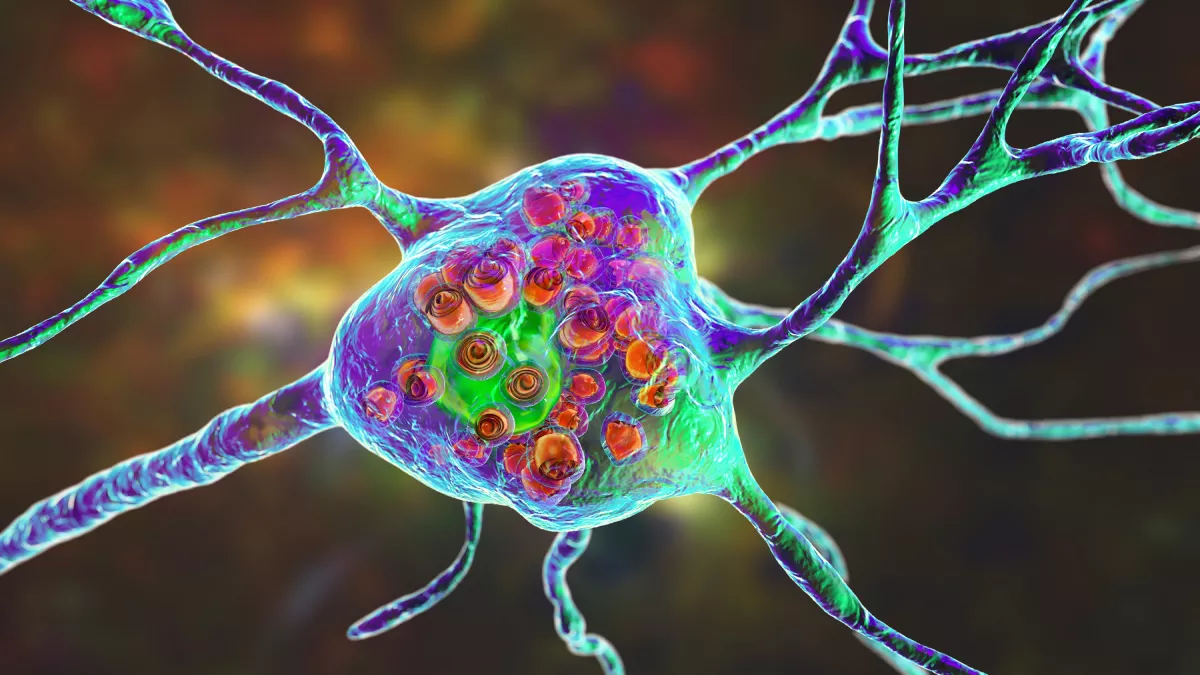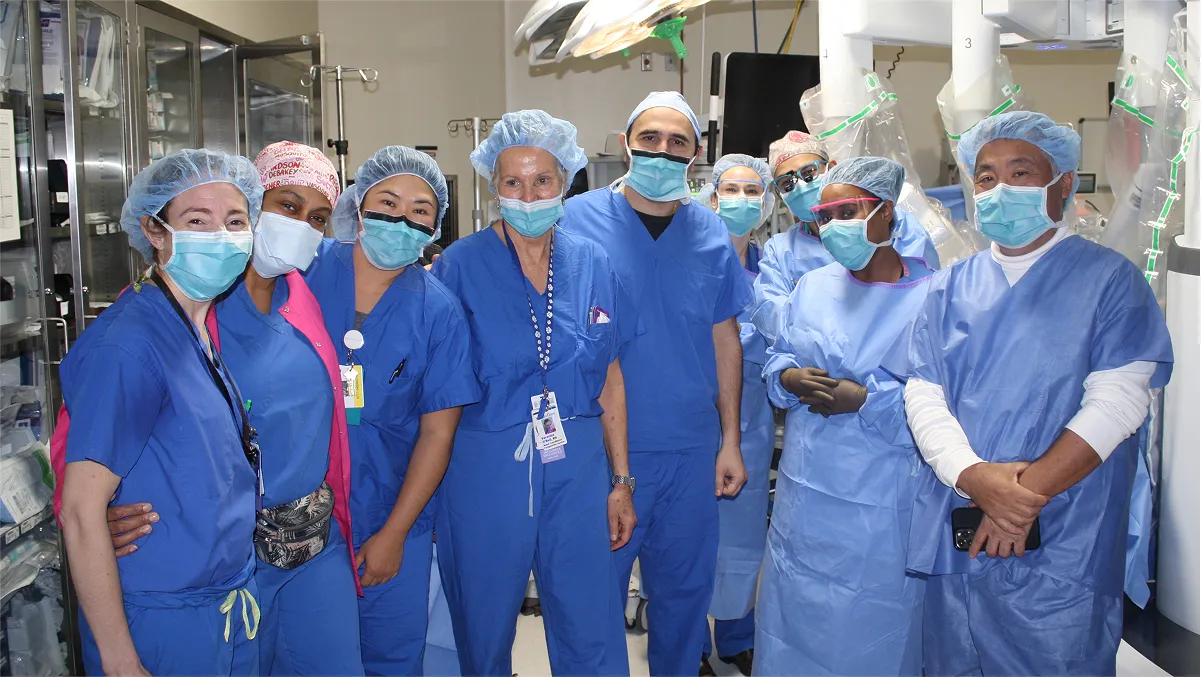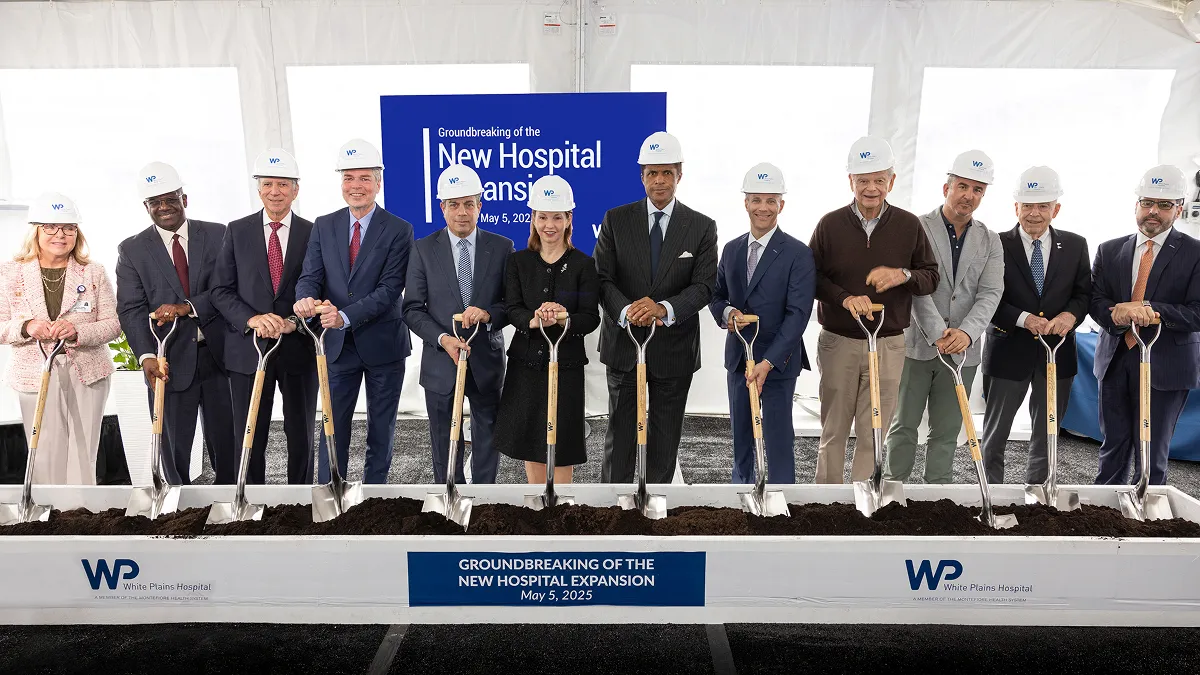A global leader in rare disease care, we are a designated Center of Excellence by the National Organization for Rare Disorders (NORD)—one of only 40 academic medical centers in the U.S. selected to be a part of this prestigious national network.
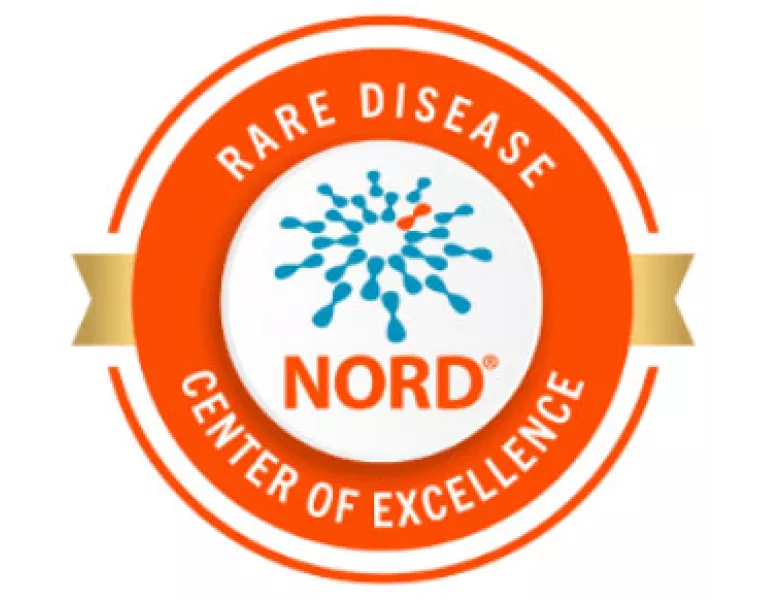
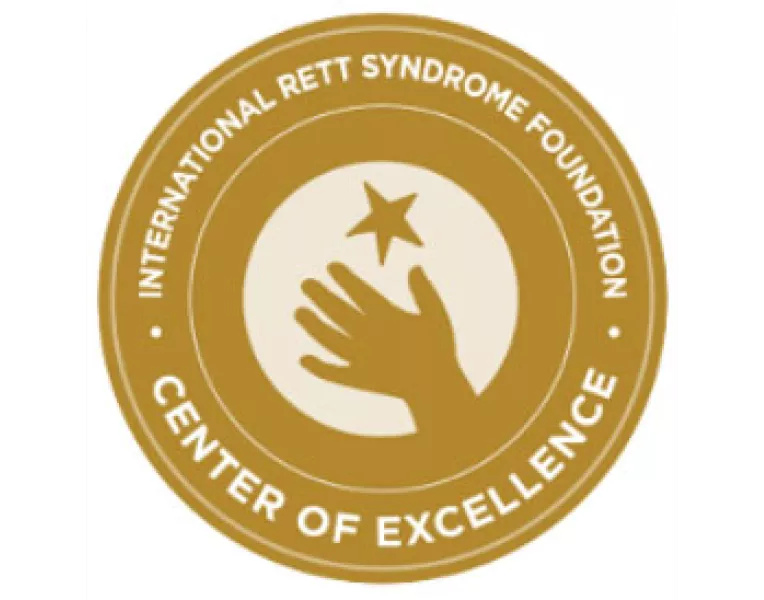
Find a Program, Center or Clinic
- Aerodigestive Program at Montefiore Einstein (ADAM)
- Angioedema Center
- Cardiac Amyloidosis Program
- Cardiac Sarcoidosis Program
- Center for CardioGenetics
- Center for Congenital Disorders
- Center for Immunogenetics
- Center for Inherited Metabolic Disorders
- CHAM Adolescent Menstrual Program (CHAMP)
- Childhood Cancer Predisposition (CCP) Clinic
- Comprehensive Epilepsy Center
- Comprehensive Movement Disorder Center
- Craniofacial Center
- Division of Reproductive & Medical Genetics Clinics
- Function Clinic
- Genetics Clinic
- Hemophilia Treatment Center
- Linking Individual Needs of Children with Services (LINCS) Complex Care Program
- Lupus Nephritis Clinic
- Montefiore Einstein Regional Center for 22q11.2 Deletion Syndrome
- Multisystem Inflammatory Syndrome in Children (MIS-C) Program
- Neuromuscular Center / Montefiore Einstein Division of Neuromuscular Medicine & Muscular Dystrophy Association Center
- NYS Newborn Screening Program for Inherited Metabolic Disorders
- Paul Koors, MD, Aortic Clinic
- Pediatric Homeostasis & Thrombosis Program
- Polycystic Kidney Disease Center of Excellence
- Rose F. Kenedy Children's Evaluation & Rehabilitation Center (CERC)
- Sickle Cell Disease Program
- Spina Bifida Center
- The Adam Gaynes Pediatric Neuro-Oncology Program
- The Montefiore Einstein Center for Autism & Communication Disorders
- The Montefiore Einstein Neurocutaneous Center
- The Pediatric Heart Center at CHAM
- Thrombosis Prevention & Treatment Program
- Tri-State Rett Syndrome Center
- Tuberous Sclerosis Clinic
- Williams Syndrome Clinic
We are an international referral site for the most complex, rare and inherited conditions.
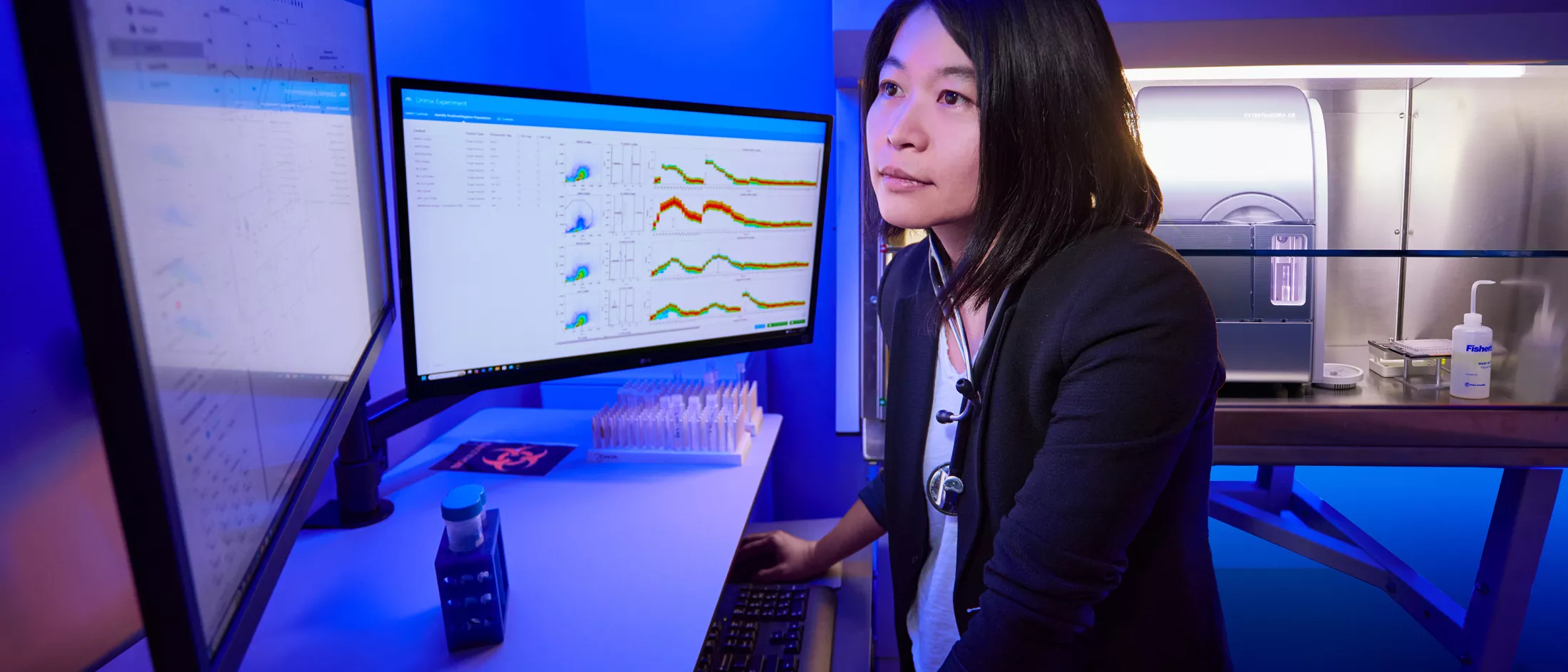
Leaders in the Advanced Diagnosis & Treatment of Rare Conditions
Comprising more than forty innovative programs and centers dedicated to caring for rare diseases, many of which are among the nation’s first-of-its-kind, the New York Center for Rare Diseases at Montefiore Einstein is a premier global destination. At the forefront of academic research, education and clinical care, our elite, multidisciplinary team of world-renowned doctors utilizes the latest and most advanced diagnostics, treatments and technologies, including next-generation genomic sequencing, AI and newly emerging therapeutics, to deliver state-of-the-art personalized care and precision medicine to optimize quality of life for all individuals with complex and rare conditions.
We are an academic-based international hub and referral site for a wide range of complex, rare and inherited conditions, and our team of genomic and genetic experts is one of the largest teams in the nation. As one of the country’s first and most respected programs, our Division of Genetics has been leading the way in genetic and genomic disease care for more than fifty years, serving as a model for others. We are committed to making genomic medicine and high-quality care more accessible. We are developing tools and strategies to enhance the detection of rare diseases that have eluded diagnosis, and translating scientific discoveries into improved clinical outcomes and new life-changing treatments and cures.
Whether you have been diagnosed with a rare condition or are suspected of having one, we understand the challenges that you and your family face, as well as the long and difficult diagnostic and therapeutic journey to finding an accurate diagnosis, effective treatment and quality care–and we’re here to help every step of the way. We have developed unique, multi-disciplinary programs to support individuals and families affected by various rare genetic diseases, including “gene teams” consisting of the child’s parents, physicians, and scientists knowledgeable about the gene causing the rare disorder. This helps to better inform and empower patients and parents of children with rare diseases and inspires scientists to expand their research on specific genetic diseases.

Image courtesy Positive Exposure in collaboration with FAST.
More than 50 Years of Experience & Groundbreaking Research
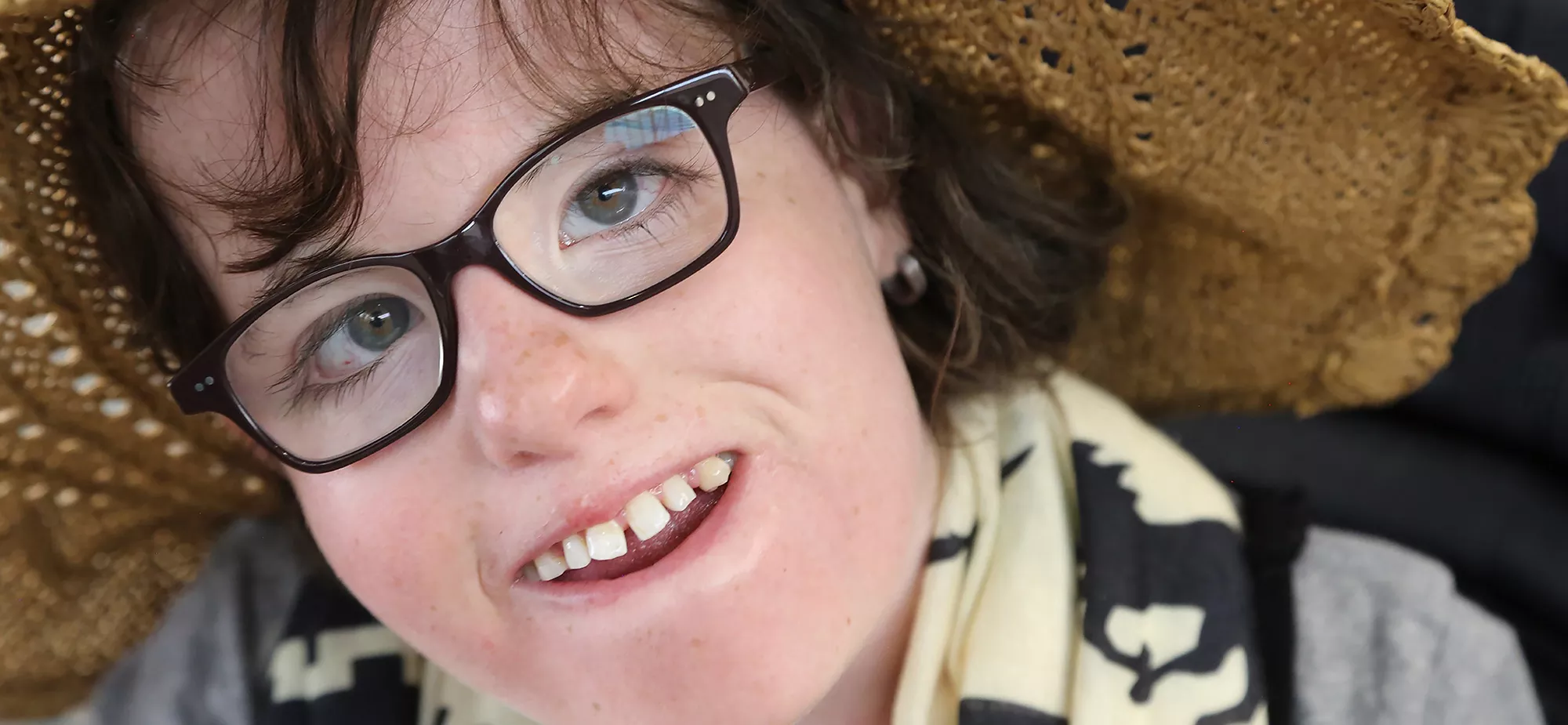
Image courtesy Positive Exposure in collaboration with the Chromosome 18 Registry and Research Society.
Our Latest Research
Advancing health, scientific discovery and innovation through groundbreaking research on rare diseases.
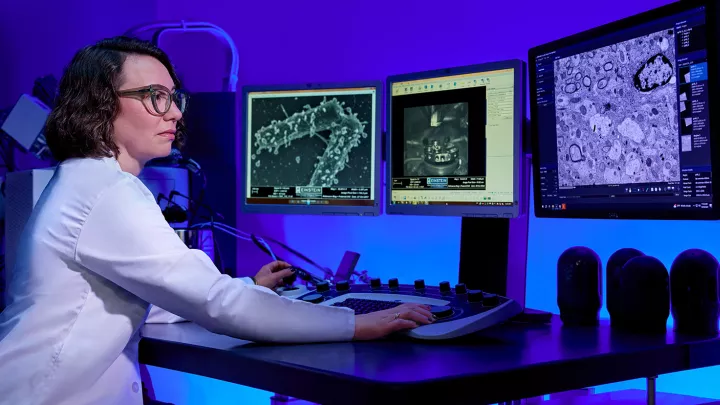
Leaders in the Science of Rare Disease Care
We’re committed to finding new ways to predict, prevent, diagnose and treat rare conditions, and we believe that every individual with a rare disease deserves the highest level of care. We are leading collaborative research and spearheading numerous studies and clinical trials, some of which are sponsored by the National Institutes of Health (NIH), and translating novel scientific discoveries into new diagnostics and treatments to help improve clinical outcomes and change lives. Through our clinical trials, our patients can access emerging technologies and innovative treatments and cures that are otherwise unavailable.
Our physician-scientists and researchers are conducting basic, translational and clinical research to explore the genetic mechanisms, natural history and care delivery for rare diseases and develop diagnostic and therapeutic solutions for a broad range of rare conditions. From co-developing the clinical guidelines setting the standard of care for acid sphingomyelinase deficiency to spearheading the nation’s largest pilot newborn screening study of its kind for rare disorders, we continue to lead the way in rare disease care and research.
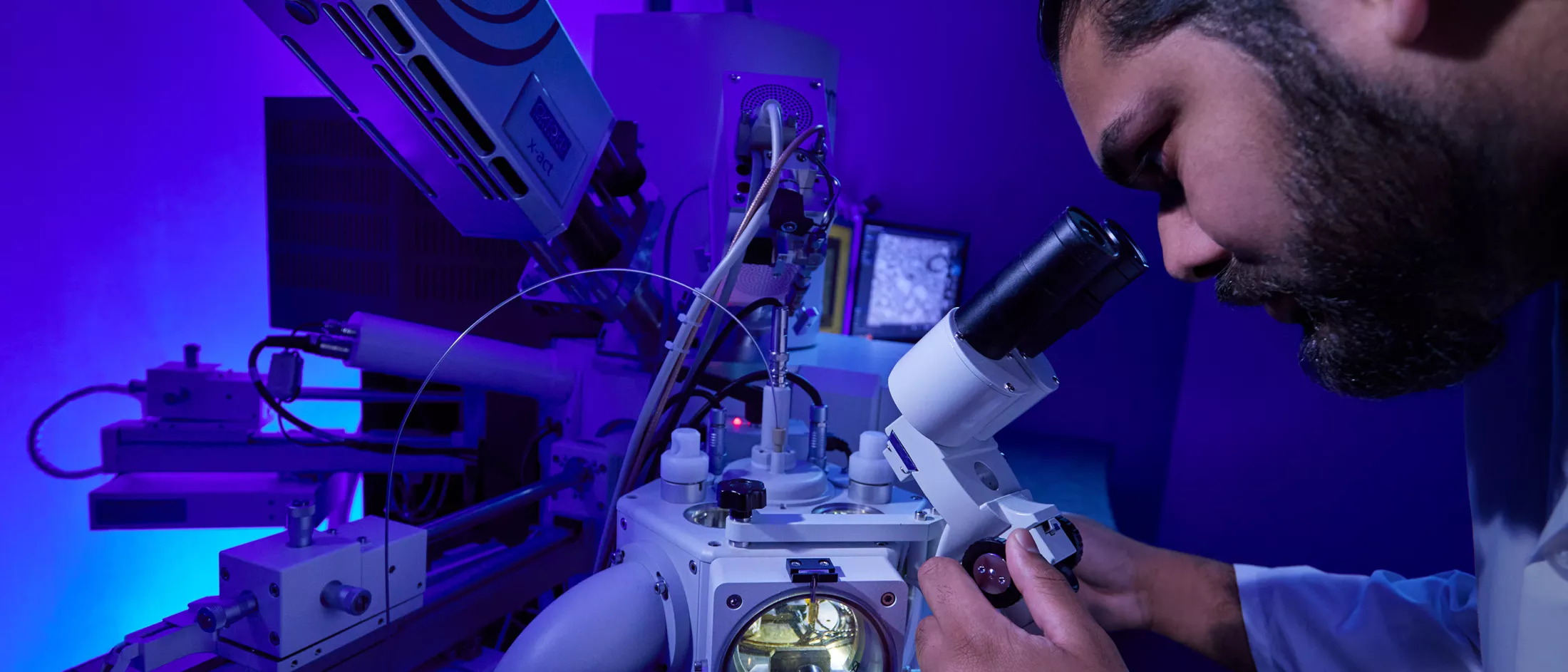
State-of-the-Art Technology
We offer access to the latest and most advanced technologies to help prevent, detect and treat rare conditions in patients of all ages, from children through their transition to young adulthood and beyond. We have significant success in establishing accurate diagnoses for complex cases that may have previously eluded explanation, and we continue to develop tools to improve the interpretation of variants of unknown or uncertain significance (VUS) and non-coding variants.
We utilize the latest genetic sequencing techniques, including the most advanced, clinically approved sequencing technology, including whole-genome sequencing. With our partners at GeneDx and PacBio, we are offering research diagnostics using long-read DNA and RNA sequencing technology.
We also employ a range of clinical and research diagnostic testing, including DNA methylation profiles, metabolomics, proteomics, immunophenotyping, germline mutation and molecular cytogenetic techniques, machine learning and AI algorithms, and advanced imaging technology.
We are also developing new treatments utilizing advanced gene therapies, cellular, molecular and nano-technologies, AI platforms, laser technology and newly approved medications, including antisense oligonucleotide, monoclonal antibody, substrate reduction and enzyme replacement therapy, gene therapy, stem cell therapy, and molecularly targeted therapeutics. If surgery is needed, our team of world-renowned surgeons offers the latest approaches, including fetal surgery and robotic and minimally invasive surgery, whenever possible.
Transforming Hope into Reality

Image courtesy Positive Exposure in collaboration with the Wilhelm Foundation.
New York Center for Rare Diseases Highlights
-
$14M+
Genetics-related funding from the NIH in 2023
-
13+
Clinical research trials available to patients throughout the tri-state area
-
2,500+
Molecular diagnostic tests performed annually
Meet Your New York Center for Rare Diseases Team
Our multidisciplinary team of nationally and globally recognized experts collaborate to translate breakthrough research into new diagnostic and treatment solutions. We deliver state-of-the-art care while addressing the complex needs of each patient and their families to help improve the quality of their lives.
Lysosomal Acid Lipase (LAL) Deficiency Registry (ALX-LALD-501)
-
Start Date
May 30, 2013
-
Conditions
Lysosomal Acid Lipase Deficiency, Cholesterol Ester Storage Disease, Wolman Disease, Acid Cholesteryl Ester Hydrolase Deficiency, Type 2, Acid Lipase Deficiency, LIPA Deficiency, LAL-Deficiency
Bronx Transthyretin Amyloid Cardiomyopathy Database
-
Start Date
September 23, 2023
-
Conditions
Transthyretin Cardiac Amyloidosis, Transthyretin Amyloid Cardiomyopathy
A Study Evaluating Gene Therapy with BB305 Lentiviral Vector in Sickle Cell Disease
-
Start Date
February 14, 2020
-
Conditions
Sickle Cell Disease
ATHN Transcends: A Natural History Study of Non-Neoplastic Hematologic Disorders
-
Start Date
September 30, 2020
-
Conditions
Bleeding Disorder, Connective Tissue Disorder, Factor IX Deficiency, Factor VIII Deficiency, Hematologic Disorder, Hemophilia, Thrombosis, Platelet Disorder, Rare Bleeding Disorder, Sickle Cell Disease, Thalassemia, Thrombophilia, Von Willebrand Disease
MEK Inhibitor Mirdametinib (PD-0325901) in Patients with Neurofibromatosis Type 1 Associated Plexiform Neurofibromas (ReNeu)
-
Start Date
September 29, 2019
-
Conditions
Plexiform Neurofibroma, Neurofibromatosis Type 1 (NF1)
Rett Syndrome Registry (RSR)
-
Start Date
August 2, 2022
-
Conditions
Genetic Disease, Genetic Diseases, X-Linked, Rett Syndrome, Rett Syndrome, Atypical, Intellectual Disability, Nervous System Diseases, Neurobehavioral Manifestations, Neurodevelopmental Disorders, Neurologic Disorder, Neurologic Manifestations
ScreenPlus: A Comprehensive, Flexible, Multi-Disorder Newborn Screening Program (ScreenPlus)
-
Start Date
May 10, 2021
-
Conditions
Acid Sphingomyelinase Deficiency, Ceroid Lipofuscinosis, Neuronal, 2, Cerebrotendinous Xanthomatosis, Fabry Disease, GM1 Gangliosidosis, Gaucher Disease, Lysosomal Acid Lipase Deficiency, Metachromatic Leukodystrophy, Mucopolysaccharidosis II, Mucopolysaccharidosis III-B, Mucopolysaccharidosis IV A, Mucopolysaccharidosis VI, Mucopolysaccharidosis VII, Niemann-Pick Disease, Type C
Nephrotic Syndrome Study Network (NEPTUNE)
-
Start Date
April 1, 2010
-
Conditions
Minimal Change Disease (MCD), Membranous Nephropathy, Glomerulosclerosis, Focal Segmental

We’re Better Together
At Montefiore Einstein, we believe that progress against rare diseases begins with building a strong community. When patients, families, researchers, and supporters come together, we can focus attention and resources on conditions that are not just difficult to treat but often overlooked. Collective action—be it through philanthropy, advocacy, or volunteerism—drives discovery, advances care, and brings new possibilities for those who face the added challenges of rare disease.
We invite you to partner with us in a way that is meaningful to you, as Steven Mah and Melissa Howard have. With a gift from their estate to establish an endowed chair at the New York Center for Rare Diseases, they are helping to advance our scientific enterprise for a lifetime—and beyond.







